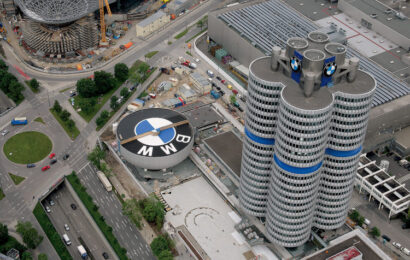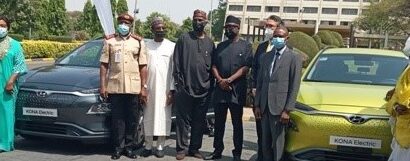By Christoph Rauwald (Bloomberg) and Reuters –
Volkswagen Group’s provisions for its diesel-cheating scandal increased by 6.4 billion euros ($6.8 billion) last year, as the automaker continued to tally the damages from the worst business crisis in its history.
That lifts Volkswagen’s emissions-related expenses to 22.6 billion euros since the scandal erupted in September 2015. The costs overshadowed improving business as the company’s operating profit before special items rose 14 percent to 14.6 billion euros in 2016, helped by record sales of luxury Audi and Porsche cars,
The company’s sales margin rose to 6.7 percent from 6 percent a year earlier, VW said in a statement Friday.
“In spite of the charges and the challenges arising from the diesel crisis, we can be satisfied on the whole with the group’s business development,” CFO Frank Witter said in the statement. “We must use great discipline to achieve the set targets in all divisions, in order to return to the path of success in the coming years.”
VW is still wrestling with the fallout from admitting that it rigged as many as 11 million diesel cars worldwide to cheat on emissions tests. Total expected costs of penalties and vehicle buybacks and fixes in North America alone have exceeded $23 billion, while in Europe, cars will be fixed but customers aren’t being compensated. Volkswagen also still faces hundreds of investor lawsuits and a criminal probe in Germany.
Dividend
Even with the burdens for the scandal, VW plans to pay a dividend of 2.06 euros per non-voting preferred share, the company’s mostly widely held stock, and 2 euros per common share for 2016.
Shareholder approval is effectively a formality as almost 90 percent of the voting stock is held by the Porsche-Piech billionaire clan, its home state of Lower Saxony, and Qatar. Payouts amounted to 17 cents per preferred share and 11 cents per common stock for 2015, when the company posted its highest pre-tax loss ever because of the scandal.
Despite its tarnished reputation, Volkswagen surpassed Toyota Motor Corp. last year as the world’s best-selling automaker, thanks to growth in China, where the scandal hasn’t been an issue.
Car deliveries in 2017 will “moderately exceed” last year’s volume “amid persistently challenging market conditions,” according to the statement. Economic growth, intense competition, volatile exchange rates and fallout from the diesel crisis will weigh on sales.






